The Russian presidential election is an opportunity for Mr. Putin to assert his power, as well as send a message of tough confrontation with the West.
"Who will help ensure development? Who will ensure stability? Who can unite the country? And in whom do you put your trust?" the presenter asked in a video broadcast on Russian state television ahead of the presidential election.
“Only him,” came the reply as images of President Vladimir Putin appeared on the screen, showing him working in his office, being greeted by crowds or walking on a red carpet to meet Asian and Arab leaders.
That message has been conveyed throughout the past months, that Mr Putin is the only one who can unite and steer Russia against hostile actions from the West.
In February, instead of campaigning or holding televised debates, Putin visited a defense plant and climbed into the cockpit of a nuclear-capable Tu-160M bomber. He and his crew took a short flight on the strategic bomber.
Mr. Putin in the cockpit of a Tu-160M bomber on February 22. Video: Kremlin
The image recalls Putin climbing into the cockpit of an Su-27 fighter jet and flying with the pilot over a war zone toward the Chechen Republic’s capital Grozny in March 2000, less than a week before Russia’s presidential election. Putin’s image as a tough leader during the second Chechen war boosted his popularity, helping him win a landslide victory in the March 26, 2000 election.
In his February 21 State of the Nation address, he boasted about Russia’s nuclear capabilities and warned of a nuclear conflict if Western countries directly intervened in the war in Ukraine. In an interview with Russian television on March 12, Putin again mentioned the possibility of a nuclear confrontation.
"From a military -technical point of view, of course we are ready. Our nuclear forces are always in a state of combat readiness," he said.
Observers say confronting the West and maintaining traditional Russian values is the long-term approach that Mr. Putin has chosen.
“A large-scale geopolitical confrontation with the West is Russia’s strength right now,” said Samuel Greene, a fellow at the Center for European Policy Analysis in Washington. “What Putin needs is for the West to play this game. He needs the West to be skeptical of everything Russian. He needs the West to reject not just him but ordinary Russians.”
This is why Mr. Putin takes the presidential election so seriously, even though he is almost certain to win, observers say. The election is an opportunity for Mr. Putin to amplify his message to the West, while demonstrating his strong position in Russian politics.
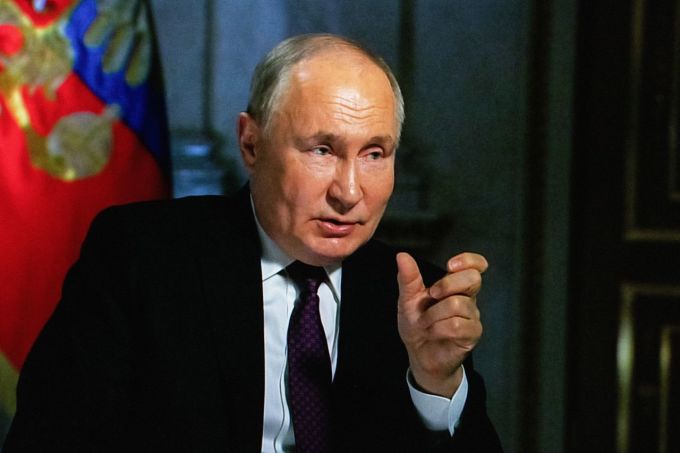
Russian President Vladimir Putin in an interview with Russian television on March 12. Photo: Zuma Press
Mr Putin's opponents in the election are the leader of the Liberal Democratic Party of Russia, Leonid Slutsky, and MPs Vladislav Davankov and Nikolay Kharitonov. These people all have pro-Kremlin views and their appearance on the ballot paper seems to strengthen Mr Putin's position.
“What the Kremlin cares about first and foremost is a high turnout,” said Nikolai Petrov, a fellow at the UK-based Chatham House think tank. “This and the number of votes for Putin need to surpass the 2018 numbers, to show the people’s support for him in wartime, amid the many challenges from the West.”
Putin’s voter approval rating in the 2018 election was 67.5%. This year, for the first time, Russia held a presidential election over three days, instead of one day as before, to give more people a chance to vote.
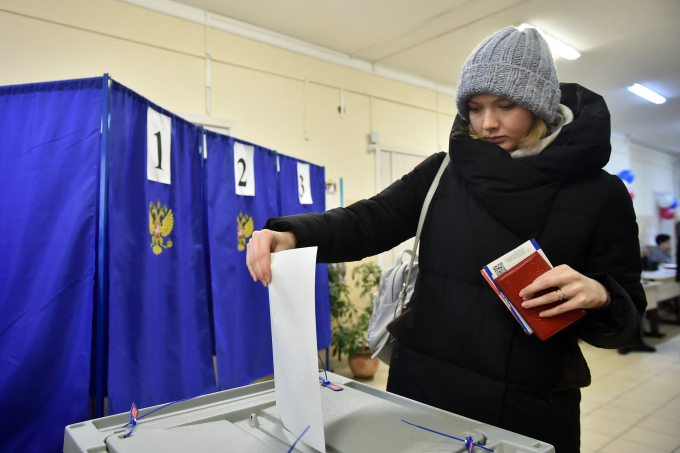
Russian voters cast their ballots in Novosibirsk, Siberia on March 15. Photo: AFP
This is also the first time Russians can vote for president online, a measure that Mr. Putin assessed as "very convenient." More than 94,000 polling stations will be opened across the country, including in the four regions Russia has just annexed from Ukraine.
Mr Putin has not engaged in any campaign activities like his rivals. Instead, he has pushed his message through the daily routine of the presidency, such as meetings with youth groups and development agendas with government officials.
Observers say Putin may not need campaign events either. The Levada Center, a respected Russian pollster, said last month that about 86% of Russians approved of Putin’s performance as president. That was up 6 percentage points from a similar poll in September 2023 and has remained above 80% since then.
75% of respondents said the country was on the right track, up 13% from September 2023, while 15% disagreed. The survey also showed that 73% of people approved of the Russian government's performance and 21% disapproved.
“Putin’s message is essentially that any future for the country needs him, as the confrontation with the West intensifies,” Greene stressed.
Thanh Tam (According to WSJ, CNN, Reuters )
Source link


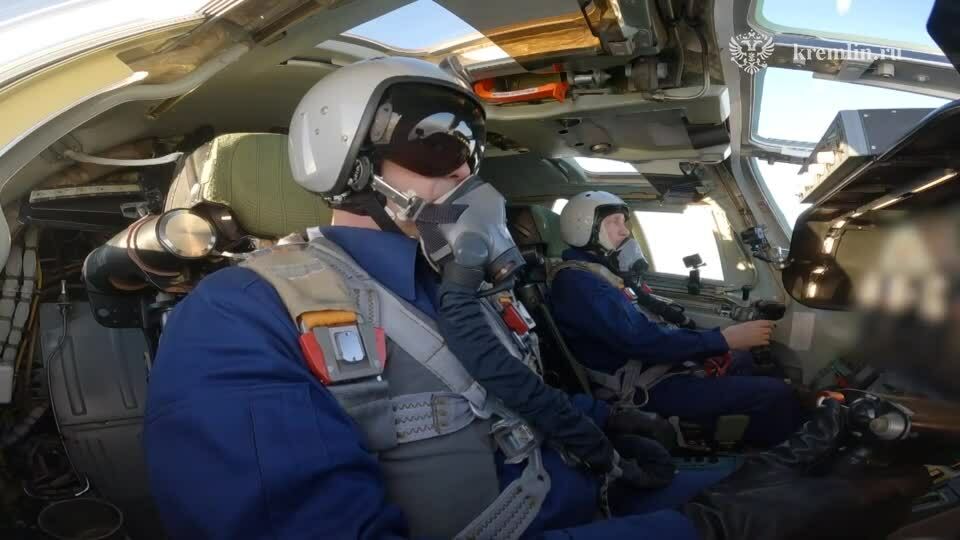
![[Photo] Readers line up to visit the photo exhibition and receive a special publication commemorating the 135th birthday of President Ho Chi Minh at Nhan Dan Newspaper](https://vphoto.vietnam.vn/thumb/1200x675/vietnam/resource/IMAGE/2025/5/17/85b3197fc6bd43e6a9ee4db15101005b)

![[Photo] More than 17,000 candidates participate in the 2025 SPT Competency Assessment Test of Hanoi National University of Education](https://vphoto.vietnam.vn/thumb/1200x675/vietnam/resource/IMAGE/2025/5/17/e538d9a1636c407cbb211b314e6303fd)
![[Photo] Prime Minister Pham Minh Chinh chairs meeting on science and technology development](https://vphoto.vietnam.vn/thumb/1200x675/vietnam/resource/IMAGE/2025/5/17/ae80dd74c384439789b12013c738a045)


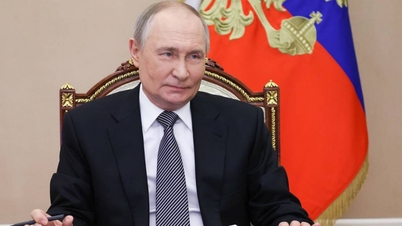





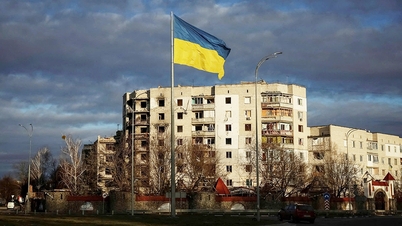
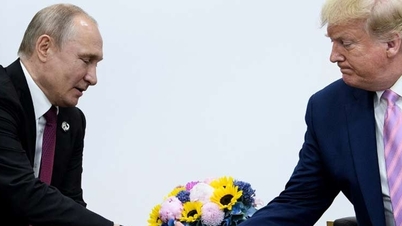

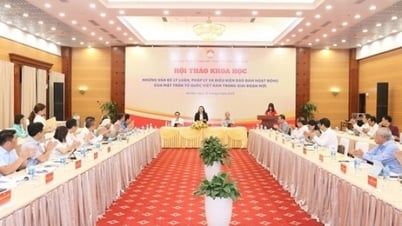

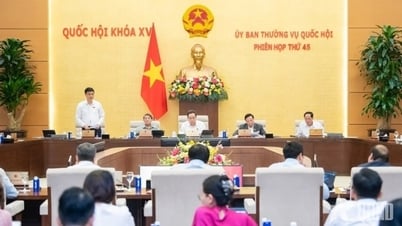
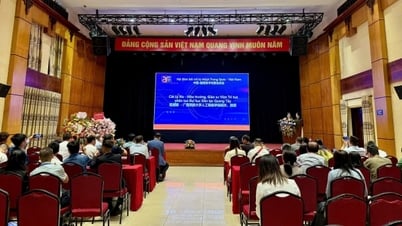
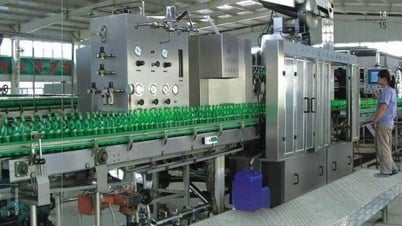
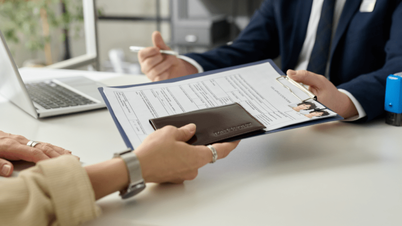












![[Photo] Nearly 3,000 students moved by stories about soldiers](https://vphoto.vietnam.vn/thumb/1200x675/vietnam/resource/IMAGE/2025/5/17/21da57c8241e42438b423eaa37215e0e)


















































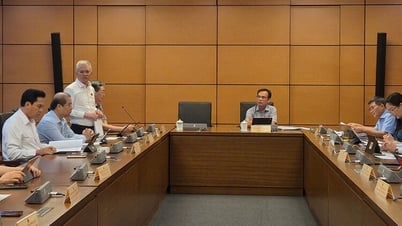

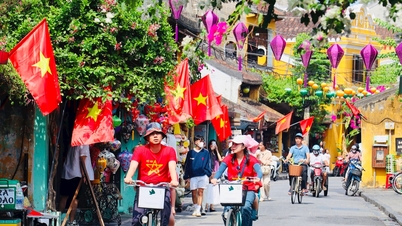

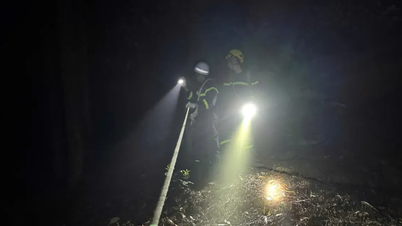
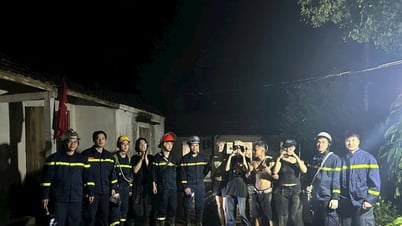













Comment (0)